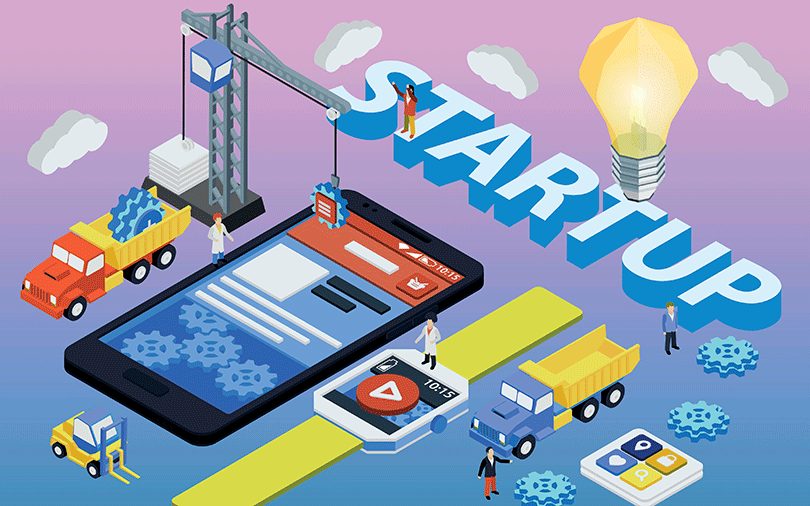
Nobody is immune from accumulating debt. Here are three hypothetical situations showing just how easy it is to rack up debt.
You lose your income unexpectedly.
We’d all like to believe our jobs are secure, but the truth is that everyone from career veterans to new freelancers is vulnerable to losing their source of income. For example, fluctuations or company restructuring may lead to sudden layoffs. This is precisely why financial experts urge consumers to build an emergency fund with at least a few months’ worth of living expenses—though preferably it’d cover six months to a year of living expenses, without primary income.
It’s somewhat worrying, then, that a recent survey found that 38 percent of respondents have less than $1,000 saved to cover expenses in the event of job loss. Just over one-fourth of respondents (27 percent) have more than $10,000 saved, though still not necessarily enough to survive a prolonged loss of income.
Debt enters the picture when people reach the bottom of their emergency fund or savings account and must turn to loans or credit cards to pay for living expenses. This fuels the cycle because paying back debts with interest tends to be quite expensive, dragging consumers down further and making it nearly impossible to save money for future emergencies.
Stopping debt from accumulating so you can cushion yourself against financial emergency means you need to eliminate it first. Some people choose to do it themselves, strategically paying down debts over time. Others enroll in a debt settlement program for help negotiating with creditors to reduce the amount owed. The caveat here is that it’s important to do your research before signing up; Googling something like “Freedom Debt Relief reviews” will help you make an informed decision on whether or not to go with a reputable debt settlement company.
The point is: If your income disappears, it’s all too easy to start amassing debt. Saving enough to cover living expenses while you find a new job is key. So is getting out of debt so you can save more aggressively over time.
Your debts carry high interest rates.
According to Value Penguin, the average credit card interest hovers somewhere around 15 percent, with the actual amount depending on the type of card and the credit rating of its holder. But penalties are where it gets tricky—this is how credit card debt starts accumulating quickly. The maximum interest rate allowed on a credit card is 29.99 percent, but many issuers have penalties upwards of 27 percent. Falling behind on payments means companies can raise your interest rates, which then means you have a farther way to go before you’re out of debt.
It’s important consumers understand the potential penalties associated with buying on credit before making a purchase or even opening a card. For example, many cards offer no or low APR for an introductory period, but fees may jump up steeply immediately after it expires. Knowing this can help consumers avoid racking up debt via interest rates.
You face a costly medical emergency.
Did you know medical debt is the leading cause of personal bankruptcy filings in the U.S. and that approximately 40 percent of Americans had debt stemming from a medical issue? This includes people with and without insurance. One thing is clear: Medical bills can be expensive, and they’re not always predictable. Many Americans end up using a credit card to pay for surprise medical bills.
The best way to avoid paying continually higher interest rates on debt is to eliminate it altogether and save a portion of each paycheck for emergencies.

Founder Dinis Guarda
IntelligentHQ Your New Business Network.
IntelligentHQ is a Business network and an expert source for finance, capital markets and intelligence for thousands of global business professionals, startups, and companies.
We exist at the point of intersection between technology, social media, finance and innovation.
IntelligentHQ leverages innovation and scale of social digital technology, analytics, news, and distribution to create an unparalleled, full digital medium and social business networks spectrum.
IntelligentHQ is working hard, to become a trusted, and indispensable source of business news and analytics, within financial services and its associated supply chains and ecosystems






























